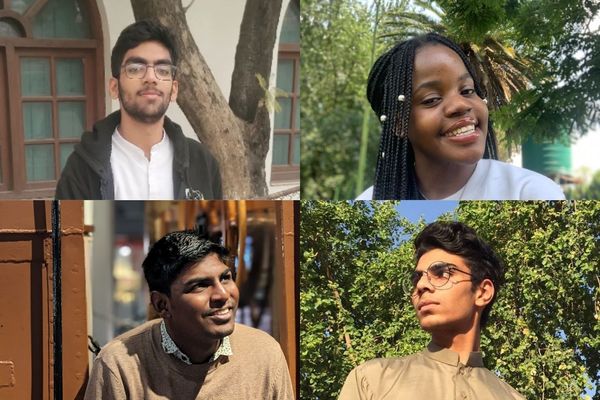TTT #31: “The Custody of Our Planet†with Aliza Ayaz
Aliza Ayaz founded the Climate Action Society at UCL that declared a climate emergency at the UK Parliament. In this episode, she looks back at the thoughts and experiences that made her realize the need to work towards a sustainable environment.
She mentions the deadly heatwave that grappled Pakistan in 2015 and the alarming implications for the indigenous population, be it in terms of healthcare, poverty, or access to basic amenities like safe drinking water. She talks about how the climate crisis affects marginalized communities the most but how they are completely excluded from discussions surrounding it. Lastly, she goes on to acknowledge her privileges, and how she was empowered to utilize those opportunities for making a positive social impact. And together, these realizations ended up her laying down a detailed proposal, thereby finding one of the biggest student societies at UCL.
She takes us through the procedure of setting up a society at university, and the components she included in her application. She mentions some moments that have stood apart during her journey: the feedback forms, the lobbying in the British Parliament, the sustainable fashion show amidst the plethora of defining moments she has had. She stands for inclusion and diversity and talks about how tackling climate change provides her a voice for the upliftment of underrepresented communities.
“We must use the climate crisis as an opportunity to radically restructure society to one that is geared towards liberation and we cannot do it without tapping into the human population, be it the female population, the ethnic groups, be it, students. Whoever it is, they possess an important perspective.â€
Today, Climate Action Society challenges perceptions of climate change amidst the youth and encourages a shift in mindsets for a sustainable tomorrow.




